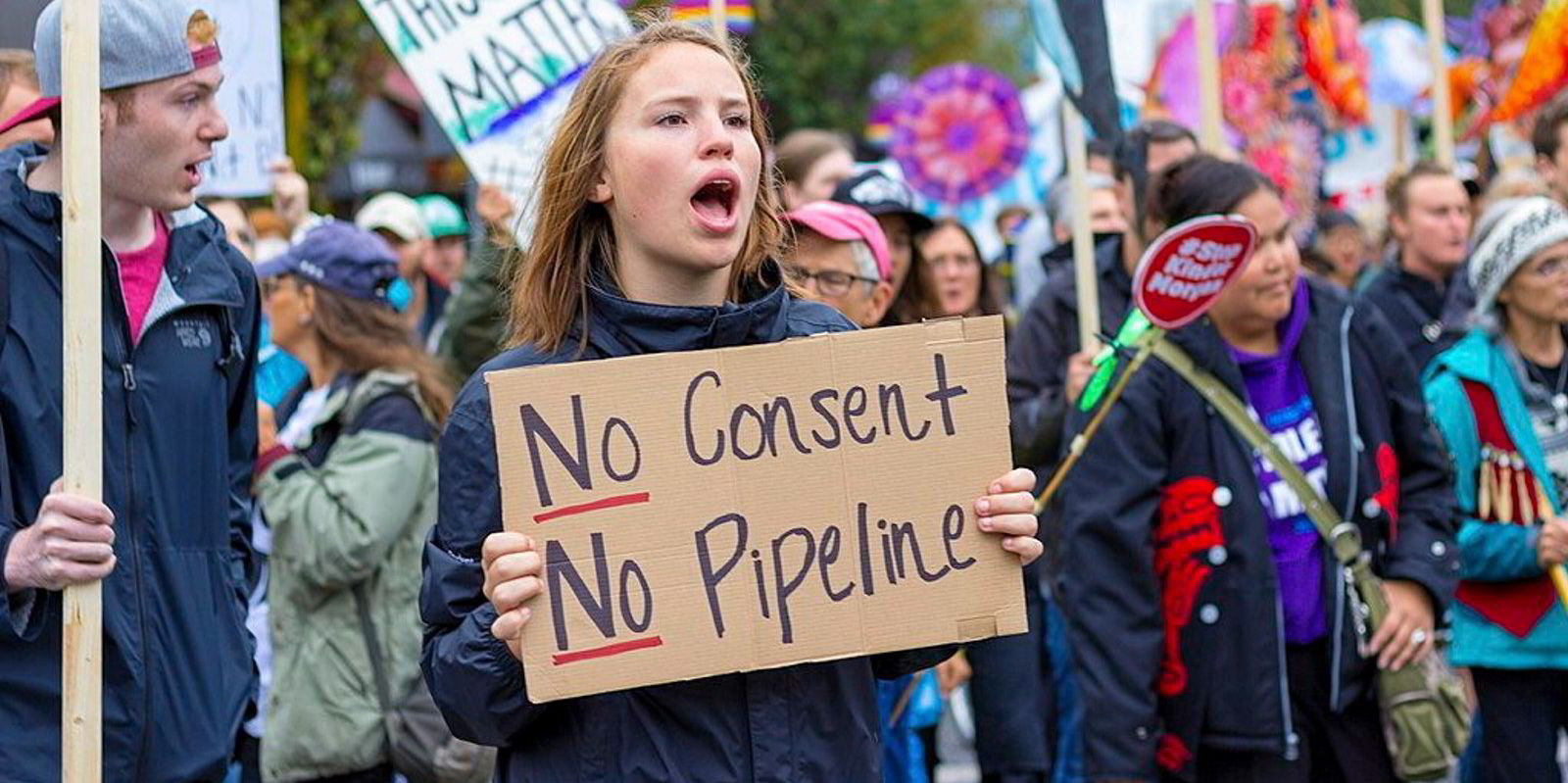Canada’s Trans Mountain Expansion project will create a new Pacific market for aframax tankers, but problems remain, Gibson Shipbrokers has warned.
The expansion runs roughly parallel to the existing pipeline and will increase capacity from 300,000 barrels per day (bpd) to 890,000 bpd.
Work is reported to be 80% complete.
But concerns have been raised that rising construction costs and inflationary pressures related to labour shortages and material costs mean further investment in the region of CAD 9.1bn ($1.4bn) is required this year to see the project come online in the first three months of 2024.
This comes after a long-running series of start-up delays, the Canadian federal government becoming financially involved and growing environmental concerns.
Gibsons views the project as an important development that will allow landlocked Albertan grades to be shipped west via a proposed export terminal exclusive to aframaxes on the west coast of Canada.
“In effect, this will create an entirely new market route in the Pacific,” the London shop said.
Data from the International Energy Agency (IEA) suggests Canadian crude production remains robust, despite the current wildfire-related outages, with 2023 output levels forecast at 5.82m bpd, up from 5.76m bpd in 2022.
Most of this crude is expected to be shipped to either US west coast refiners or longer haul to Asian buyers looking for heavy sour grades.
“The advantage here is that this could allow greater crude procurement flexibility in both regions and Canadian crude has the benefit of not being subject to sanctions as some other heavy grades originating from Venezuela and Iran,” Gibsons said.
Something to look forward to
The broker added that the expansion will be a positive for the tanker market by increasing cargo availability and tonne miles when fleet capacity is beginning to show signs of being squeezed.
Aframax deliveries should remain limited, in addition, the company believes.
“Progress is being made and most signs point to the pipeline extension finally nearing an operational start-up,” Gibsons said.
But it warned further delays might occur in the form of environmental challenges and legal cases.
“There is also the risk of the project not reaching its full export potential or being curtailed if political support is lacking, but this seems unlikely given the large sunk capital costs involved in the expansion to date,” the company added.
“Aframax owners should have something extra to look forward to into 2024-2025 if we finally see a start-up,” Gibsons concluded.





